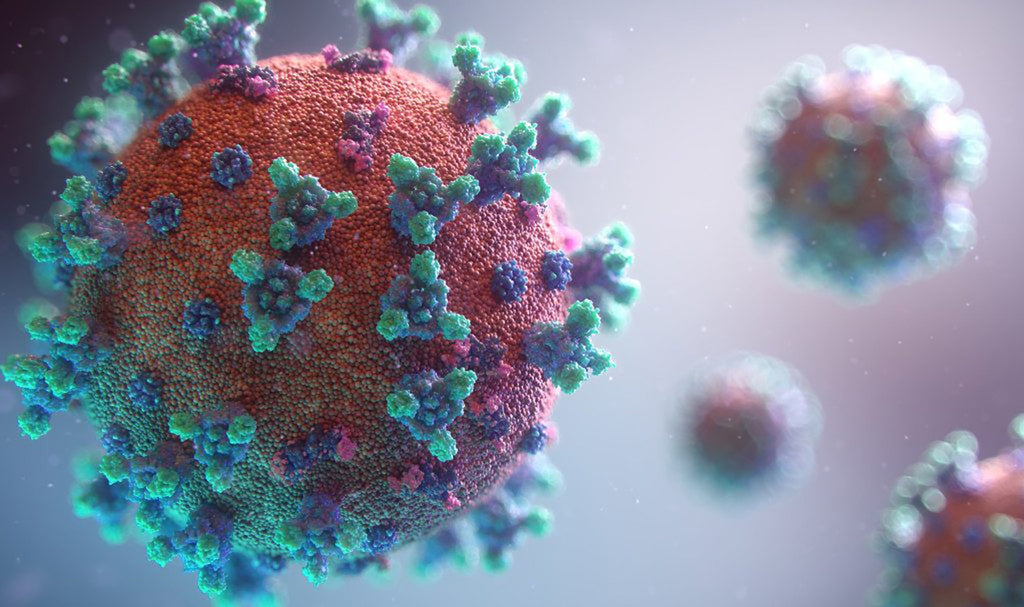Protective Antibodies Against COVID-19 Isolated & Characterized
In the search for interventions against COVID-19, one potential mode of intervention would be to block viral entry into target cells by blocking the interaction between the receptor-binding domain (RBD) of the spike protein of SARS-CoV-2 and the ACE2 receptor on human cells. Antibodies that can block viral entry into cells, thus neutralizing any effect the virus has biologically, are called neutralizing antibodies. Only a small subset of antibodies that bind a virus are capable of neutralization.
Two recent studies published in Nature have isolated and characterized protective antibodies from COVID-19 patients that could represent candidates for further clinical development. In the first study, a team of researchers led by Wang Xinquan and Zhang Linqi at Tsinghua University, and Zhang Zheng at the Southern University of Science and Technology in China, reported the isolation and characterization of 206 RBD-specific monoclonal antibodies derived from single B-cells of eight SARS-CoV-2 infected individuals.

The antibodies competed with ACE2 for RBD binding, and crystal structure analysis of an RBD-bound antibody revealed steric hindrance that inhibits viral engagement with ACE2. Surprisingly, neither the anti-SARS-CoV-2 antibodies nor the infected plasma cross-reacted with SARS-CoV or MERS-CoV RBDs, although substantial plasma cross-reactivity to their trimeric Spike proteins was found. “To the best of our knowledge, P2B-2F6 is the first reported antibody from a SARS-CoV-2 infected patient with atomic-level characterization of its epitope and interference with the ACE2 receptor,” the authors wrote.
In the second study, led by Yan Jinghua and colleagues at the Institute of Microbiology of the Chinese Academy of Sciences in Beijing, the researchers reported the isolation of two specific human monoclonal antibodies from a COVID-19 patient. Both CA1 and CB6 demonstrated potent neutralization activity in vitro against SARS-CoV-2. In addition, CB6 inhibited SARS-CoV-2 infection in rhesus monkeys at both prophylactic and treatment settings.
Further structural studies revealed that CB6 recognizes an epitope that overlaps with ACE2-binding sites in the viral RBD, thereby interfering with the virus-receptor interactions by both steric hindrance and direct interface-residue competition. “At the current situation when vaccines are not available, any preventative treatments are greatly needed. Our in vivo protection data at pre-exposure settings indicated that CB6 is a promising candidate as a prophylaxis for COVID-19,” the authors wrote.
———
References
- Ju, B., Zhang, Q., Ge, J.et al. Human neutralizing antibodies elicited by SARS-CoV-2 infection. Nature (2020). https://doi.org/10.1038/s41586-020-2380-z
- Shi, R., Shan, C., Duan, X.et al. A human neutralizing antibody targets the receptor binding site of SARS-CoV-2. Nature (2020). https://doi.org/10.1038/s41586-020-2381-y
Copyright: Asian Scientist Magazine. Read more from Asian Scientist Magazine at: https://www.asianscientist.com/2020/05/in-the-lab/covid-19-neutralizing-antibodies-p2b-2f6-cb6-china/
